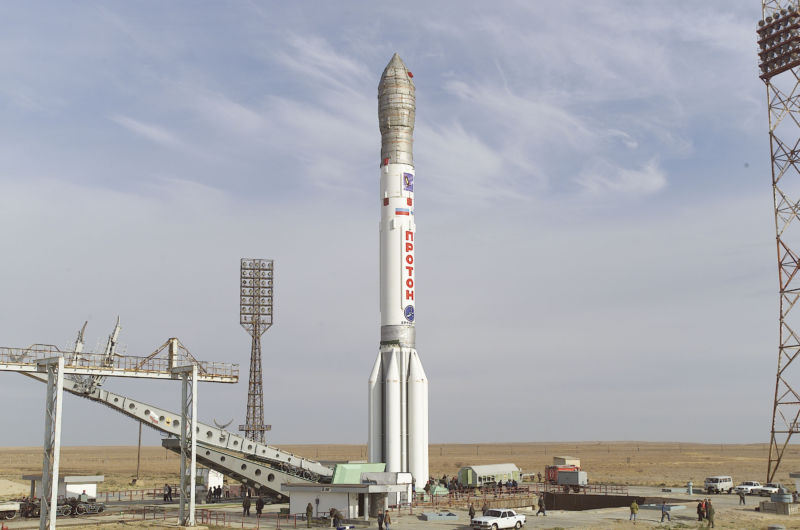Russian rocket builder may have replaced special alloys with cheap metals
Ars Technica » Scientific Method 2017-01-26

Enlarge / A Proton rocket on the launch pad. (credit: European Space Agency)
In recent years, the Russian space program has had a series of problems with its flagship rockets, the heavy-lift Proton booster and the smaller Soyuz rocket used to launch crews and cargo to the International Space Station. The Proton rocket has been grounded since last summer, and the Soyuz has not flown since December, when its third stage engine failed and a Progress cargo spacecraft was lost.
Most of these problems have been traced to engines that power the second and third stages of the Proton and Soyuz rockets. The majority of these engines are built at the Voronezh Manufacturing Plant in southwestern Russia, near the Ukrainian border. Russian Space Web reports that Ivan Koptev, director general of the engine manufacturing facility, has resigned.
According to the news reports, the final straw may have come after recent tests of engines to be used by future second and third stages of the Proton rocket that resulted in more failures. "The failure of the engine was reportedly traced to illegal replacement of precious heat-resistant alloys within the engine's components with less expensive but failure-prone materials," Zak writes. The Russian space agency, Roscosmos, has already recalled some of the engines to be used in the upper stage of its Soyuz rockets, and now it is also recalling dozens of Proton upper stage engines. The next Proton launch could be delayed into this summer.